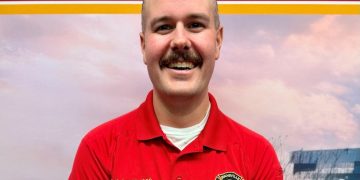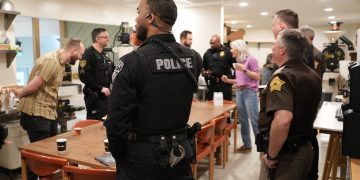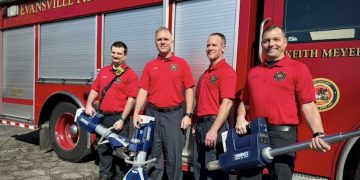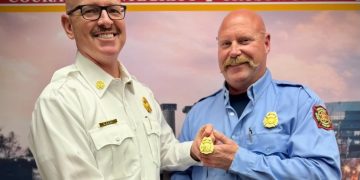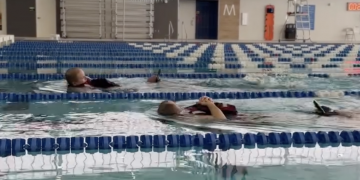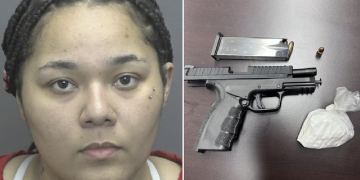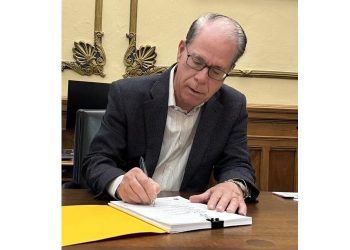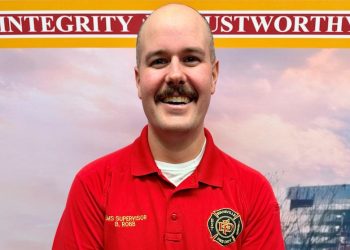Once in a while, you might meet someone who introduces you to a hidden world you never knew existed, and sometimes, that world changes your life.
In 2013, I met Kelsi Heinold. Kelsi and I had both taken positions at the Indiana University Center for Survey Research. We were standing in the hallway chatting through a tornado drill and I asked her what she was studying.
“Regular and special education,” she said.
“Oh yeah?”
“Yeah.”
“Lucky you! You get to teach little Adrias.”
She laughed. “What?”
“Yeah, I was in regular and special education K-12.”
Time went by and we started hanging out after our shift, getting coffee or a smoothie, going to lunch and talking about school and life and future plans. Later that spring, Kelsi invited me to her sorority house, Alpha Xi Delta, which has a philanthropic partnership with Autism Speaks.
There, I talked about being diagnosed with autism, the social challenges autism can pose in the adolescent and young adult years, and how the house members could try to foster a supportive social environment for college students with autism. I started to get to know Kelsi more, as well as her friends, and I was stuck by how genuine and open-hearted they all were. I noticed how, upon hearing of my diagnosis of autism, the majority did not shy away or start to talk quietly among themselves moments after. They seemed so relaxed, which was a relief.
I came to their spring philanthropy event a few weeks later, and in subsequent years, would continue to attend events. Eventually, in the spring of 2016, a year after Kelsi graduated, I was inducted as an Honorary Alumni Member. Kelsi ultimately introduced me to the world of college greek life.
Jackie Hassenplug, an Alpha Xi Delta member and current Beta Pi Philanthropy Advisor, said in a statement: “Having Adria initiated as an honorary member of Alpha Xi was one of the best aspects of being a member while I was at IU. Adria’s involvement in our chapter has served so that autism becomes personal and real to each of our members, whether or not they had a personal connection to autism prior to initation. In Adria’s willingness to share her struggles and experiences with autism, we have all grown closer as sisters, including Adria herself.”
It’s worth noting that I attended a small, private liberal arts university with no greek life activity whatsoever. In preparing this column, I could only find three other colleges or universities nationwide that have inducted members with disabilities, including the University of Tennessee, the University of Kentucky and George Mason University.
You may also be wondering what a 34-year-old is doing fundraising with a bunch of college undergraduates at a huge pizza party or hanging out getting ice cream on the weekend. Many times, with children and adults with disabilities, their chronological age may not match their developmental level. So, even though I have already finished college, I kind of feel like I’m really experiencing college now. I love getting to hang out with all of the members.
The relationship I have with them works both ways. Children with autism and developmental disabilities are very likely to continue to need supports day to day well into their adult years. A number of the members have worked 1:1 with me as direct support staff and later gone on to graduate and obtain degrees relating to serving children, teens or young adults with autism and related disabilities. With the members of the house, I have also found social support and acceptance.
When I first moved to Bloomington in 2008, I would come home from a social activity, even in my early 20s, and my parents’ first question was often: “What were the other kids like? Were they nice to you?”
This question is very common from parents of kids or adults with disabilities, particularly as they age and may no longer be under the protective, watchful eye of Mom and Dad. With Alpha Xi though, my parents stopped asking that question a long time ago, as they knew I was safe and happy.
Family is not just who you are related to, but who you choose. I don’t just have one biological sibling anymore. The number of sisters I have met on IU’s campus continues to grow every year. I guess that is what family does.














